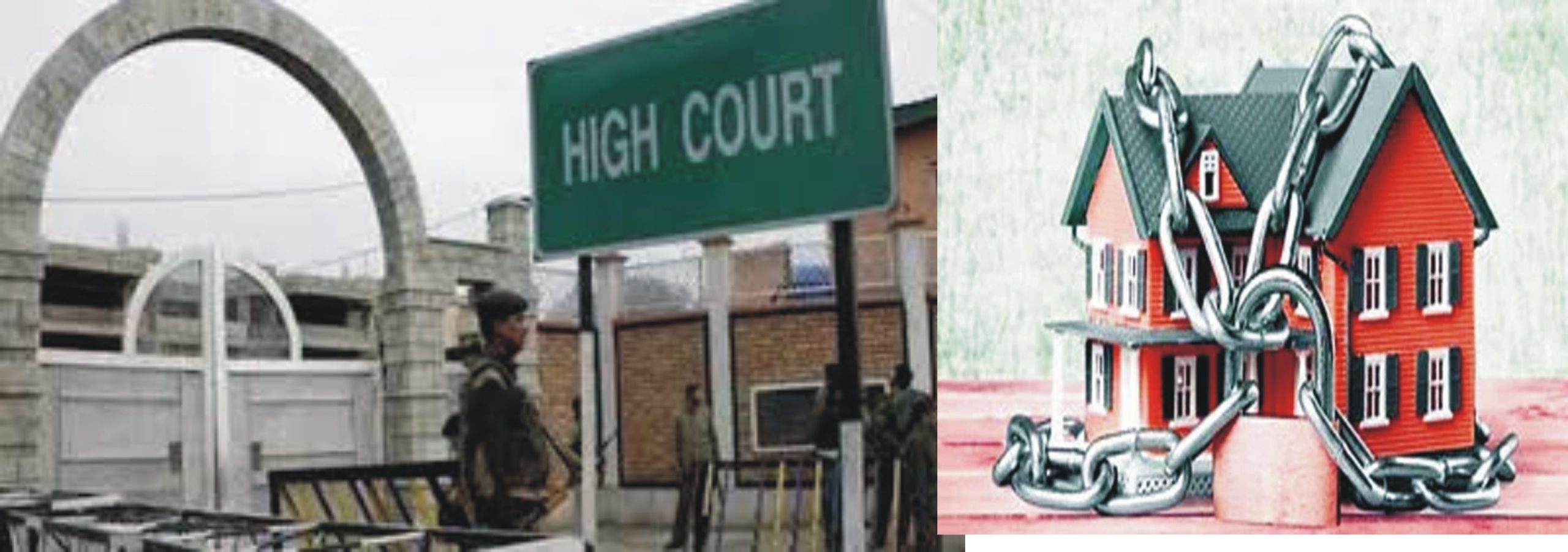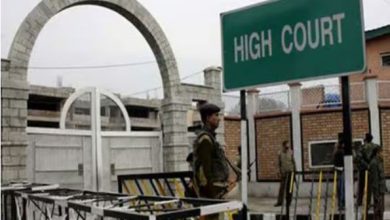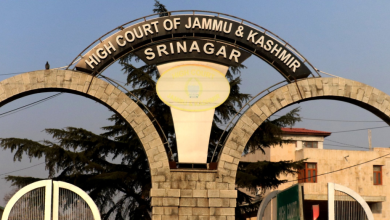IIOJK Hight Court declares property rights fundamental amid rising property confiscations
 Srinagar: In Indian illegally occupied Jammu and Kashmir, amid an ongoing spree of property confiscations targeting Kashmiris under various pretexts, the High Court has declared that the right to property is not merely a constitutional or statutory entitlement but a fundamental human right.
Srinagar: In Indian illegally occupied Jammu and Kashmir, amid an ongoing spree of property confiscations targeting Kashmiris under various pretexts, the High Court has declared that the right to property is not merely a constitutional or statutory entitlement but a fundamental human right.
According to Kashmir Media Service, the ruling came in response to a petition filed by Abdul Majeed Lone, a resident of Tangdhar in Karnah, Kupwara, seeking justice for the occupation of over 12 kanals of his land by the Indian Army since 1978 without compensation or legal acquisition.
In its judgment, the court, presided over by Justice Wasim Sadiq Nargal, ordered New Delhi to compensate Lone for decades of unauthorized land occupation. The court described the prolonged occupation without due process as a violation of fundamental human rights. “The right to property,” the court asserted, “falls within the realm of human rights, encompassing shelter, livelihood, and dignity.”
Lone detailed in his plea that the authorities had failed to pay rent for the occupied land or initiate acquisition proceedings, effectively depriving him of his lawful rights. The court deemed these actions illegal and unconstitutional, holding New Delhi accountable.
The court directed that rental compensation from 1978 onwards be calculated and paid, along with an additional token amount of Rs 1 lakh as reparations for rights violations. It further ordered that any future use of the land must follow proper legal processes, including adequate compensation and stakeholder consultation. The court also warned that delays in payment would incur an annual interest rate of 6%.
This case has brought attention to the broader pattern of property confiscations in the occupied territory, particularly following the unilateral abrogation of Article 370 in August 2019, which stripped occupied Jammu and Kashmir of its special constitutional status.
Observers and human rights organizations have repeatedly condemned these actions, arguing that they are part of a systematic effort to disenfranchise Kashmiri Muslims and alter the region’s demographic makeup.
The ruling, while a ray of hope for those facing similar grievances, highlights the ongoing challenges in combating the Hindutva-driven agenda in the territory. Despite the court’s intervention, systemic disenfranchisement and property seizures remain pressing issues, further exacerbating fears of cultural erasure and dispossession among the Kashmiri people.








